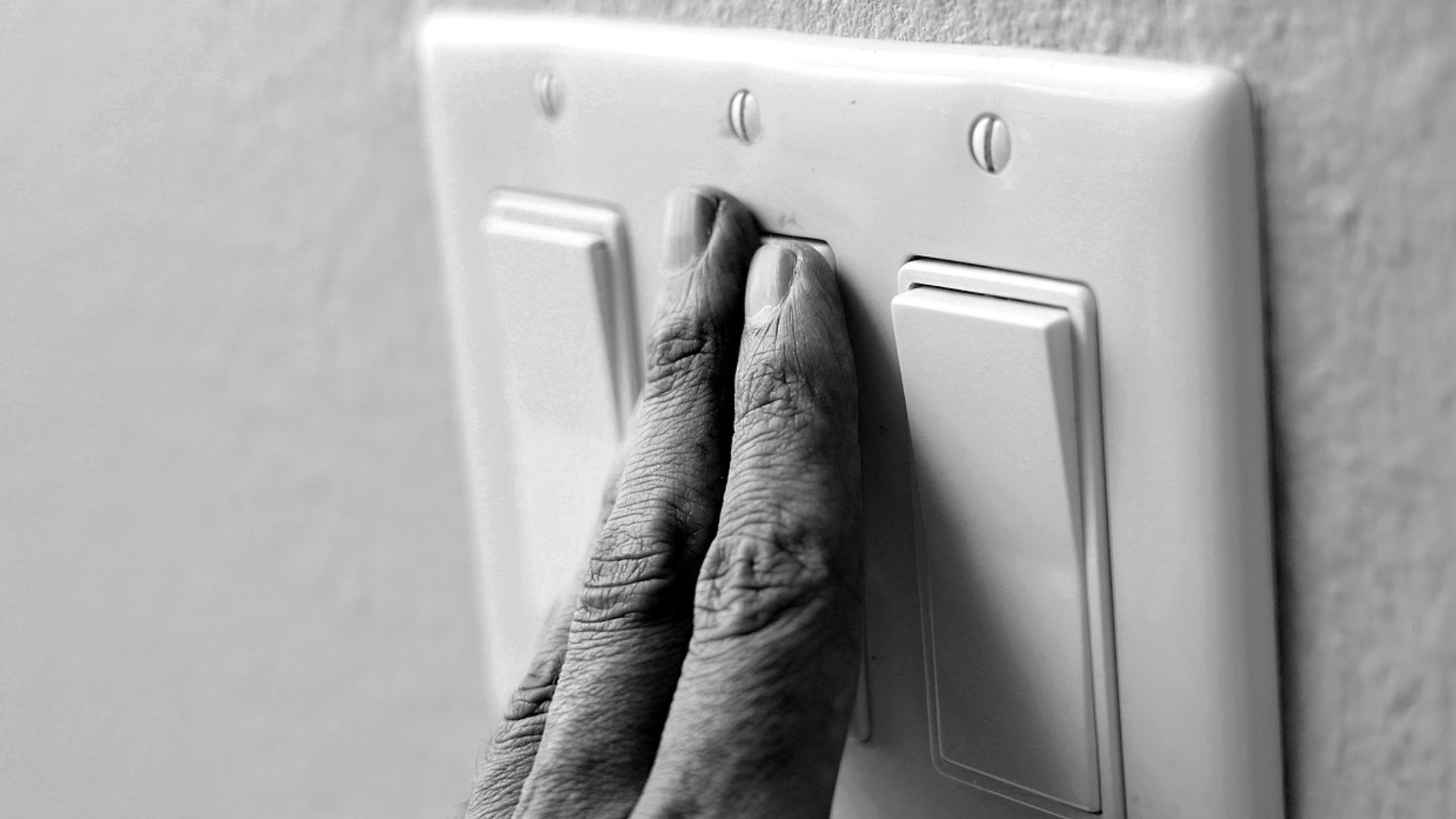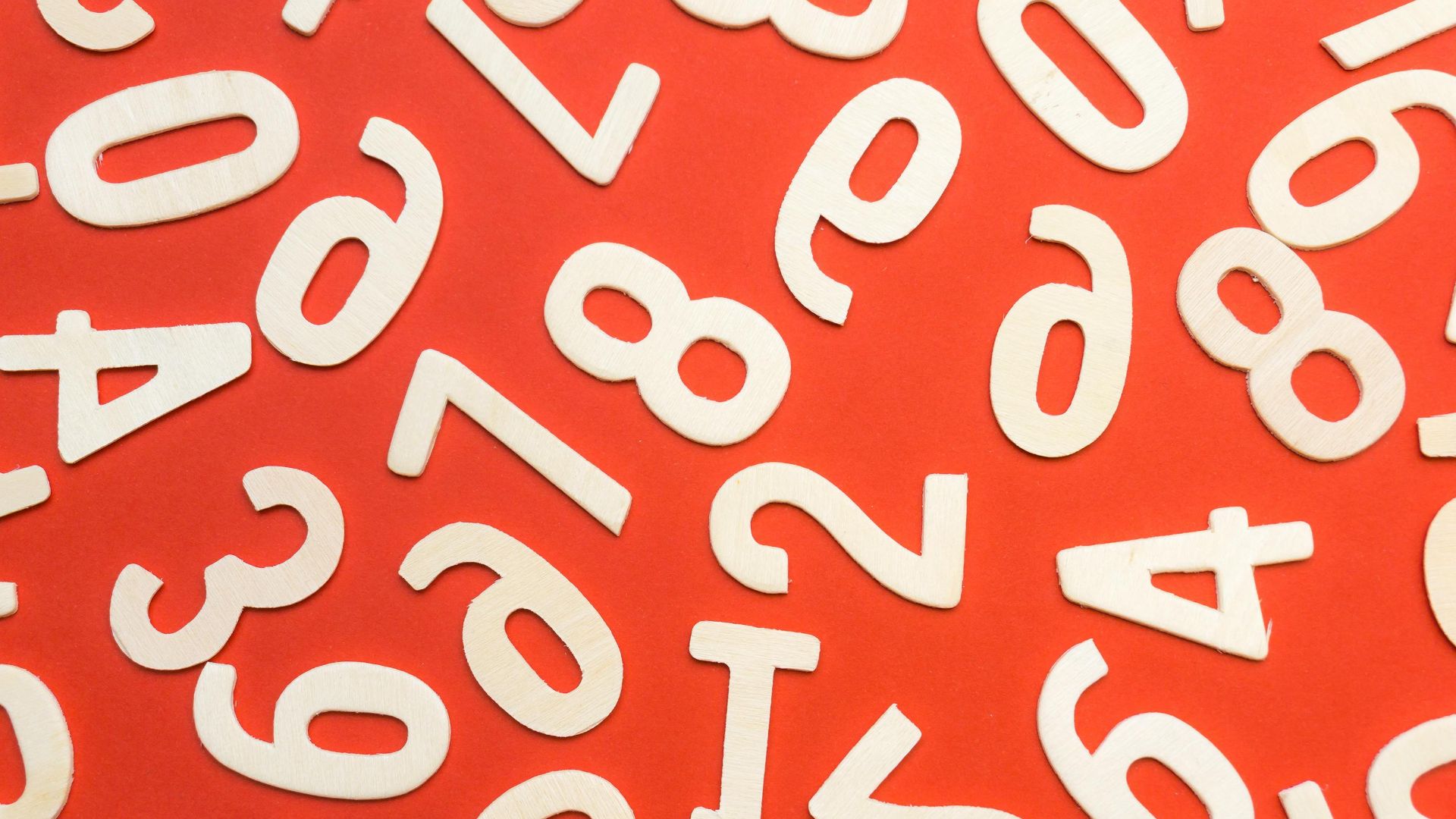When Habits Become Rules
Obsessive-compulsive disorder doesn’t always shout for attention. Instead, it often hides in the patterns of daily life as harmless habits or fleeting thoughts. Soon these unwanted fears and obsessions can pile up, become harder to dismiss, and affect your behavior. Let's explore some common signs together.
1. Overthinking Everyday Decisions
Even simple choices, like what to wear or which route to take, can become overwhelming for someone with OCD. The anxiety of making a wrong choice often causes endless planning, repeated questioning, and overwhelming mental strain. This overthinking often turns routine decisions into stressful, time-consuming tasks.
2. Unable to Leave Tasks Unfinished
An unfinished task can feel impossible to ignore, almost like it’s sitting in the back of your mind and refusing to leave. Even if the task itself is small, that weight can feel enormous, pushing you to drop everything else just to get it done. Plus, the sense of relief that comes with finishing it feels less like an accomplishment.
3. Constantly Seeking Reassurance
It starts with a simple question—“Did I do that right?” But instead of moving on after hearing “yes,” the worry lingers, demanding more reassurance. Each answer brings a brief calm, yet the anxiety soon returns and pulls you back into the same loop.
4. The Need for Perfect Organization
With OCD, even small shifts in the arrangement of items can disrupt a person's sense of balance. Books, kitchen tools, or desk items need to be in precise order, and if they aren’t, everything feels off. For many people, these organizing habits are a way to manage the chaos of their thoughts and feelings.
5. Unwanted Intrusive Thoughts
Sometimes, upsetting thoughts pop into your mind out of nowhere—like worries about getting sick, causing harm, or other scary ideas. You know these thoughts don’t make sense, but they can feel impossible to ignore. They’re like unwanted guests that keep demanding your focus.
6. Compelled to Perform Rituals
People with OCD feel an intense need to perform specific rituals or routines to prevent anxiety or a perceived negative outcome. These rituals might include actions like flipping a light switch a certain number of times or repeating words or phrases silently.
7. Fear of Contamination
Fear of contamination is more than avoiding dirt or germs. In OCD, that fear is tied to a deep sense of danger or disgust. Such people may wash their hands excessively or refuse to touch certain objects. They may also avoid places where they perceive a higher risk of contamination.
8. Doubting Memories or Actions
Doubt becomes a consuming cycle of second-guessing for some individuals. Even after confirming their actions, the doubt often returns, which forces them to recheck again and again. This form of persistent uncertainty in OCD can make even the easiest tasks feel overwhelming and time-consuming.
9. Fixating on Numbers or Patterns
The TV volume cannot be set to an odd number because it just feels "off." You’re counting every step to the kitchen, and it must land on your lucky number. These are just two examples. Like this, numbers and patterns can become a part of every move you make or don’t make.
10. Avoiding Selected Situations or Objects
Avoidance becomes a coping mechanism when certain objects or situations trigger obsessive thoughts or fears. For example, someone might avoid using sharp objects like knives out of fear they could harm themselves or others. After some time, the list of things to avoid may grow and further shrink your world.


















